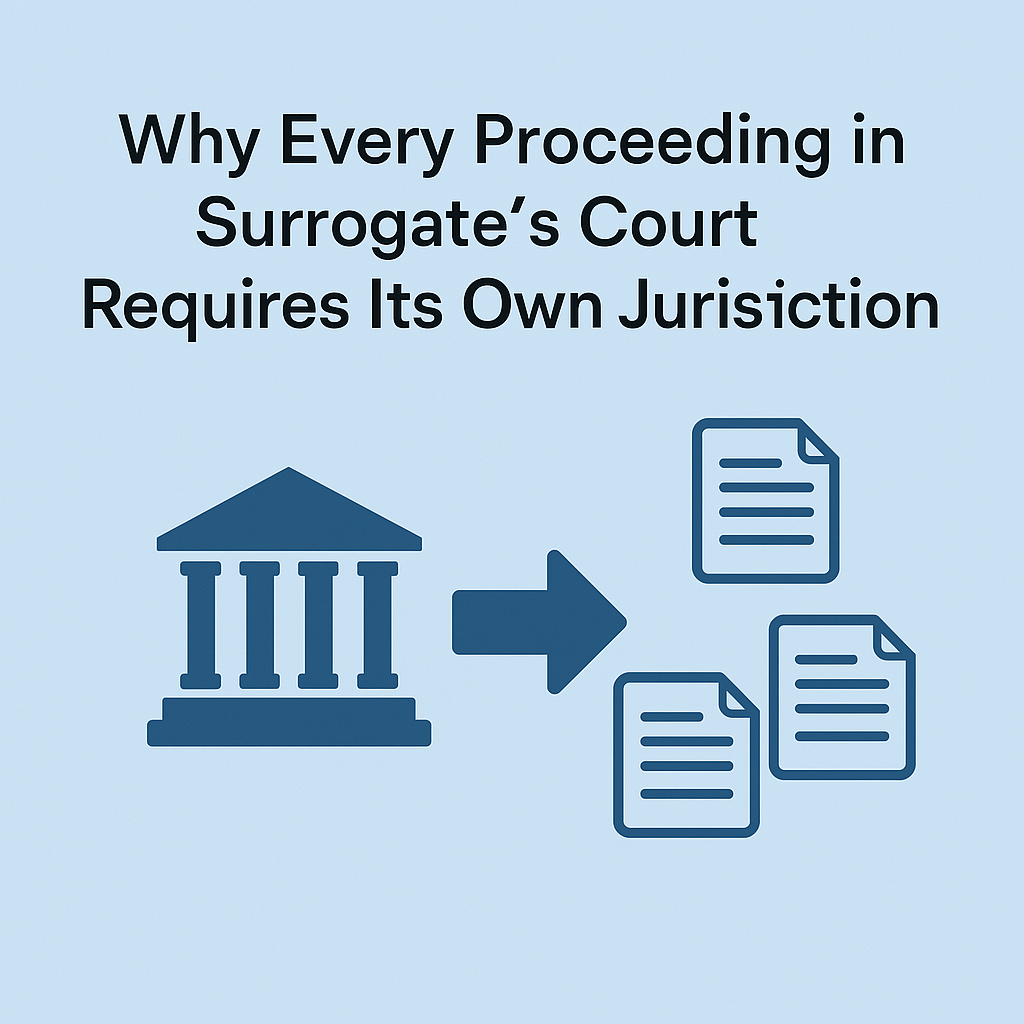The New York Estates, Powers and Trusts Law (EPTL) Section 3-4.4 addresses an exception to the doctrine of ademption. Typically, ademption applies when a specifically devised property is no longer part of an estate at the testator’s death, often leaving beneficiaries without recourse. However, EPTL 3-4.4 carves out an exception when a guardian, conservator, or committee, acting on behalf of an incapacitated person, sells or transfers a specifically disposed property. Under this statute, if the incapacitated individual’s guardianship extends until their death, the intended beneficiary of the specific disposition may still claim the proceeds or traceable assets from the sale. This provision aims to protect the intent of the testator and ensures that the beneficiary isn’t unduly disadvantaged due to the actions taken by a guardian during the testator’s incapacity.
Text
§ 3-4.4 Conveyance of property of an incompetent or conservatee, previously disposed of specifically by will, not revocation or ademption
In the case of a sale or other transfer by a committee or conservator, during the lifetime of its incompetent or conservatee, of any property which such incompetent or conservatee had previously disposed of specifically by will when he was competent or able to manage his own affairs, and no order had been entered setting aside the adjudication of incompetency at the time of such incompetent's death, or the conservatorship continued through the date of the conservatee's death, the beneficiary of such specific disposition becomes entitled to receive any remaining money or other property into which the proceeds from such sale or transfer may be traced.
Hani Sarji
New York lawyer who cares about people, is fascinated by technology, and is writing his next book, Estate of Confusion: New York.




Leave a Comment